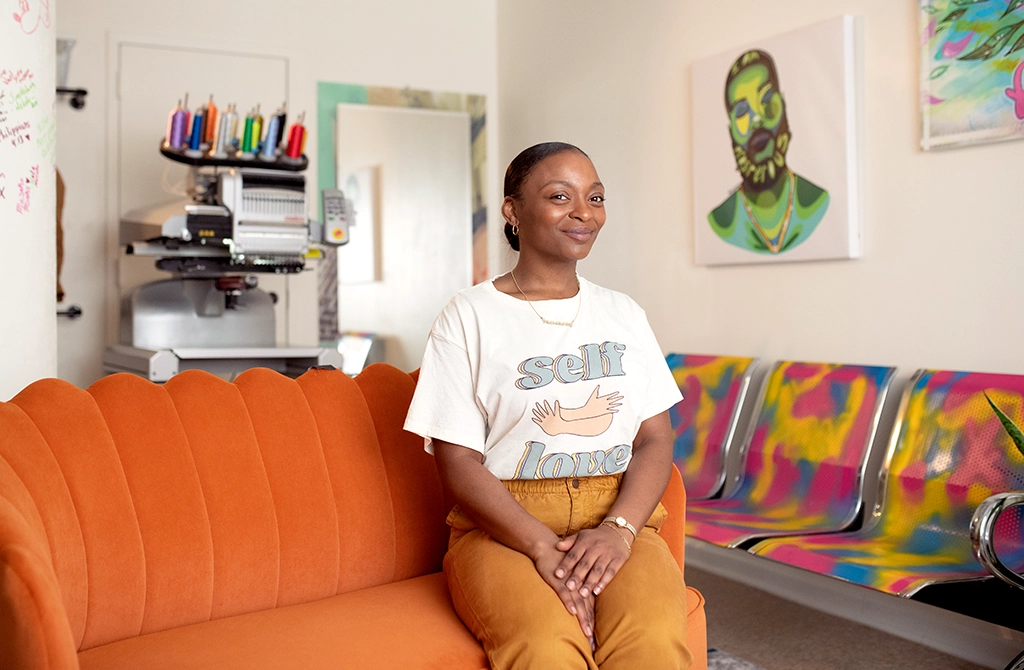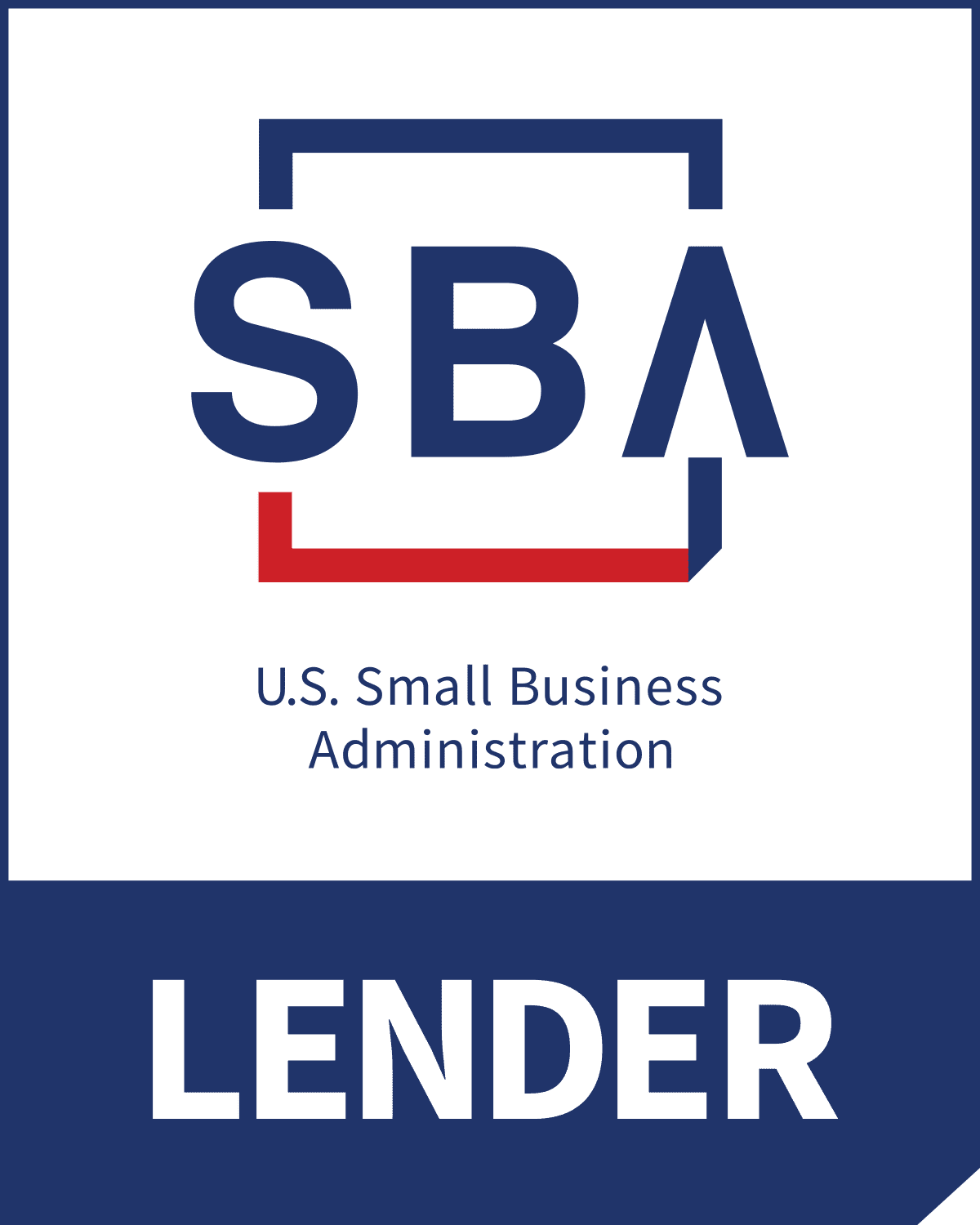
Ciarah Richardson, All Things Plush, Syracuse, NY
One of the best loan options for businesses is the government-backed SBA 7(a) Loan Program with its competitive interest rates, low down payments, and short prepayment options.
Work with Lendistry, an SBA Preferred Lender, to get 7(a) loans faster than ever
Lendistry SBLC, LLC offers the SBA 7(a) loan program to established businesses and SBA approved startup franchises. These 7(a) loans provide qualified* small business owners nationwide with the flexible funding they need to: increase working capital, expand a business, refinance current debt, purchase equipment or inventory, acquire commercial real estate and more.
Loan Amount: Up to $5 million
Loan Term: Up to 25 years for real estate and up to 10 years for other purposes
Business Qualifications: 650+ credit score and greater than two years in business, or 700+ credit score and less than two years in business
Ready to take the first step with Lendistry and find out which solution may be best for your business?

Most recently filed three years of business tax returns.
Most recently filed personal tax returns for the past year.
All business license(s) required by law for your state/industry.
Business owner's government-issued photo ID(s) – cannot be a photocopy.
Proof or Certificate of Insurance for any type of insurance required for your industry or location.
- Operate for profit and be considered a small business, as defined by the SBA
- Be engaged in, or propose to do business in, the U.S. or its territories
- Have reasonable invested equity
- Use alternative financial resources, including personal assets, before seeking financial assistance
- Be able to demonstrate a need for a loan and that the funds will be used for a sound business purpose
- Not be delinquent on any existing debt obligations to the U.S. government
- Commercial Real Estate Property must be 51% owner occupied (based on rental square footage determined by an appraiser)

Learn more about our other commercial real estate products here.
